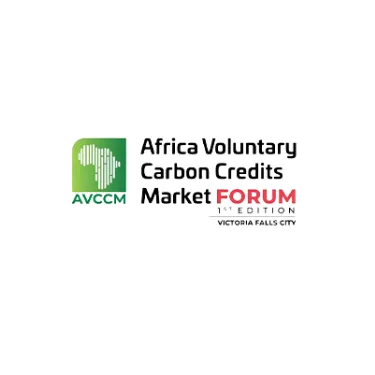In the face of escalating climate challenges, the Africa Voluntary Carbon Credits Market Forum (AVCCMF) is taking a leading role in promoting climate action across Zimbabwe and other nations in Southern Africa. The organization is instrumental in channeling climate finance to these regions to support their climate change mitigation and adaptation strategies.
African nations are entitled to financial support under the Paris Agreement to bolster their climate change countermeasures. The Green Climate Fund (GCF), established under the same agreement, provides crucial financial assistance to developing nations, especially those that are economically disadvantaged and most vulnerable, aiding them in achieving their climate-related objectives.
Kwanele Hlabangana, the Founder and Executive Chairman of the AVCCMF Trust, emphasized the organization’s commitment. He noted, “AVCCMF is dedicated to driving initiatives that secure climate finance for the Global South through the Paris Agreement. Zimbabwe, in particular, is well-positioned to receive support for its adaptation, mitigation, and just transition programs via the Internationally Transferable Mitigation Outcomes (ITMOs) detailed in Article 6.2 of the agreement.”
Additionally, Zimbabwean enterprises, communities, and organizations could benefit from participating in Voluntary Carbon Credits Markets under Article 6.4. This new market-based system under the Paris Agreement allows countries to trade emissions reductions, known as carbon credits, contributing to their Nationally Determined Contributions (NDCs).
AVCCMF ensures that Zimbabwe has access to necessary platforms and resources to secure climate financing, enhancing its sustainability efforts and leadership in the green or circular economy. The government of Zimbabwe is also proactively engaging in securing climate funds and involving the private sector in climate initiatives. Supported through the national budget, these initiatives include climate-smart agriculture, climate-resilient infrastructure, renewable energy projects, and research into climate-related diseases.
Furthermore, updated Public Investment Management (PIM) Guidelines now incorporate climate risk assessments in infrastructure planning. The country has also established a Disaster Risk Financing Facility with support from the African Risk Capacity (ARC) to enhance preparedness for climate-related disasters.
A partnership involving the Joint SDG Fund and various stakeholders, including UN agencies and the Zimbabwean government, has mobilized $45 million to boost renewable energy projects, accelerating progress towards the Sustainable Development Goals. This initiative includes contributions of $10 million from the Joint SDG Fund and $35 million from local entities like the Infrastructure Development Bank of Zimbabwe (IDBZ) and private sector partners.
As nations globally mobilize to implement climate response measures through their NDCs, Africa, with its minimal carbon footprint and abundant renewable energy resources, particularly solar and wind, stands poised to make significant advancements in sustainable energy development.



